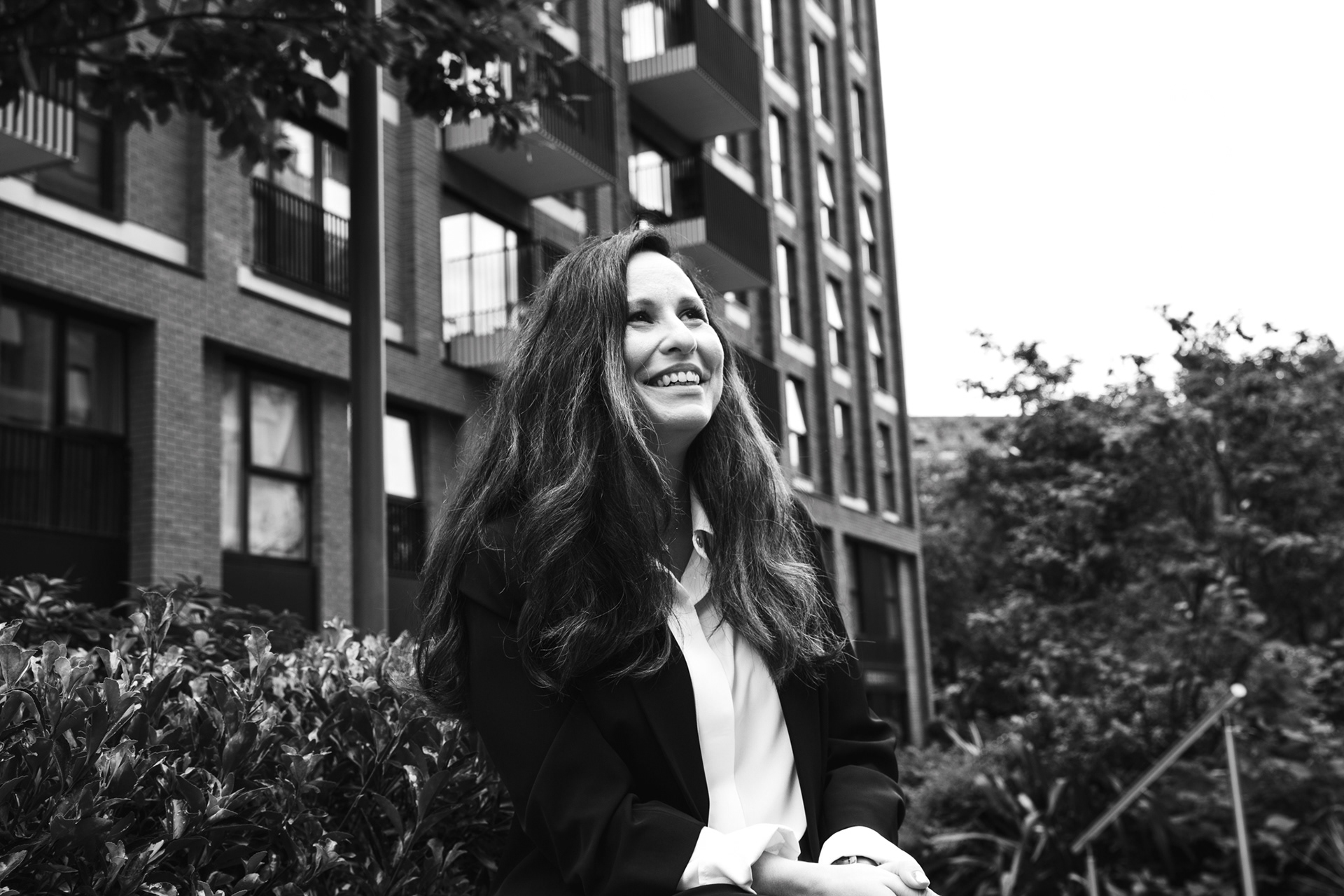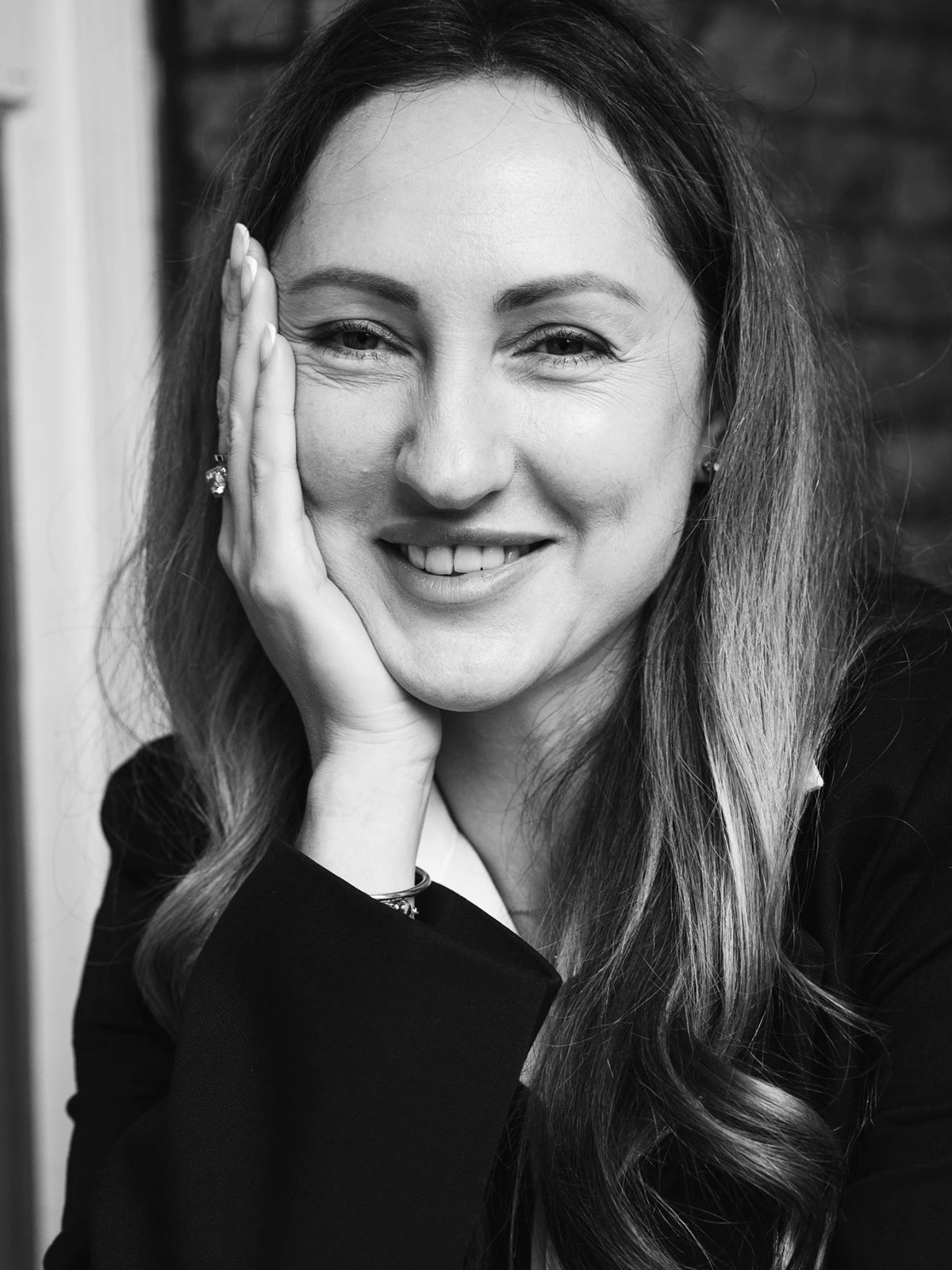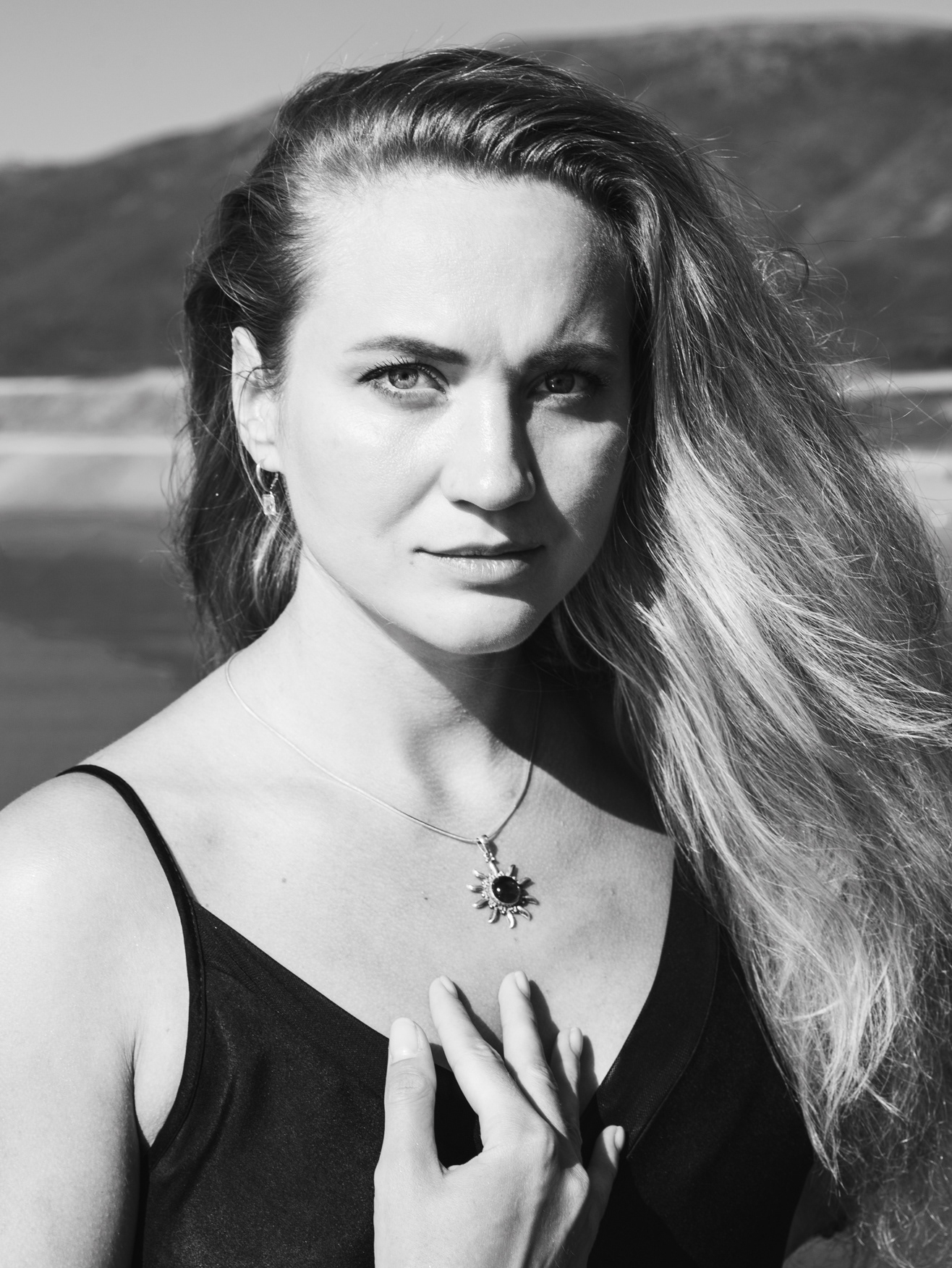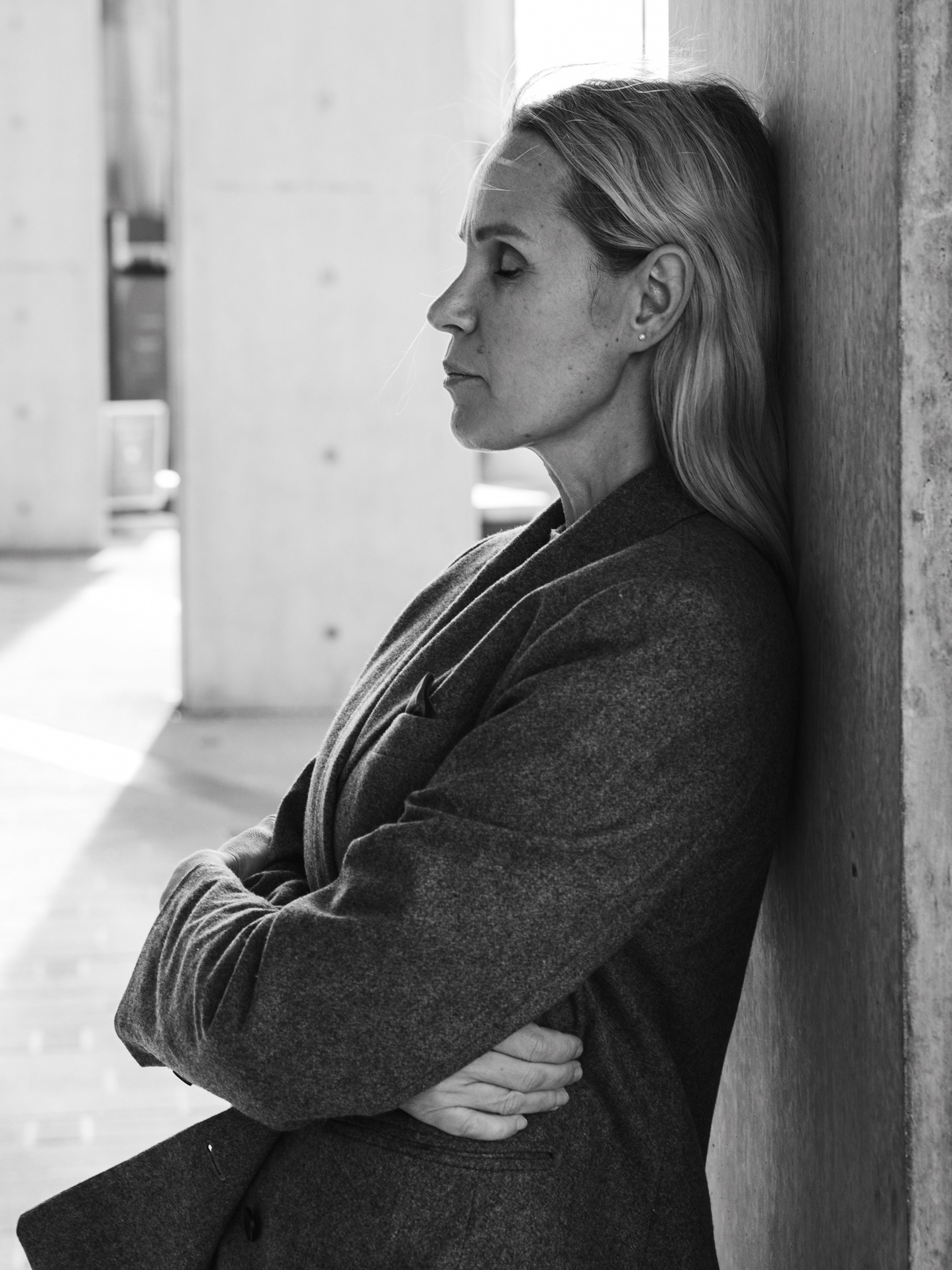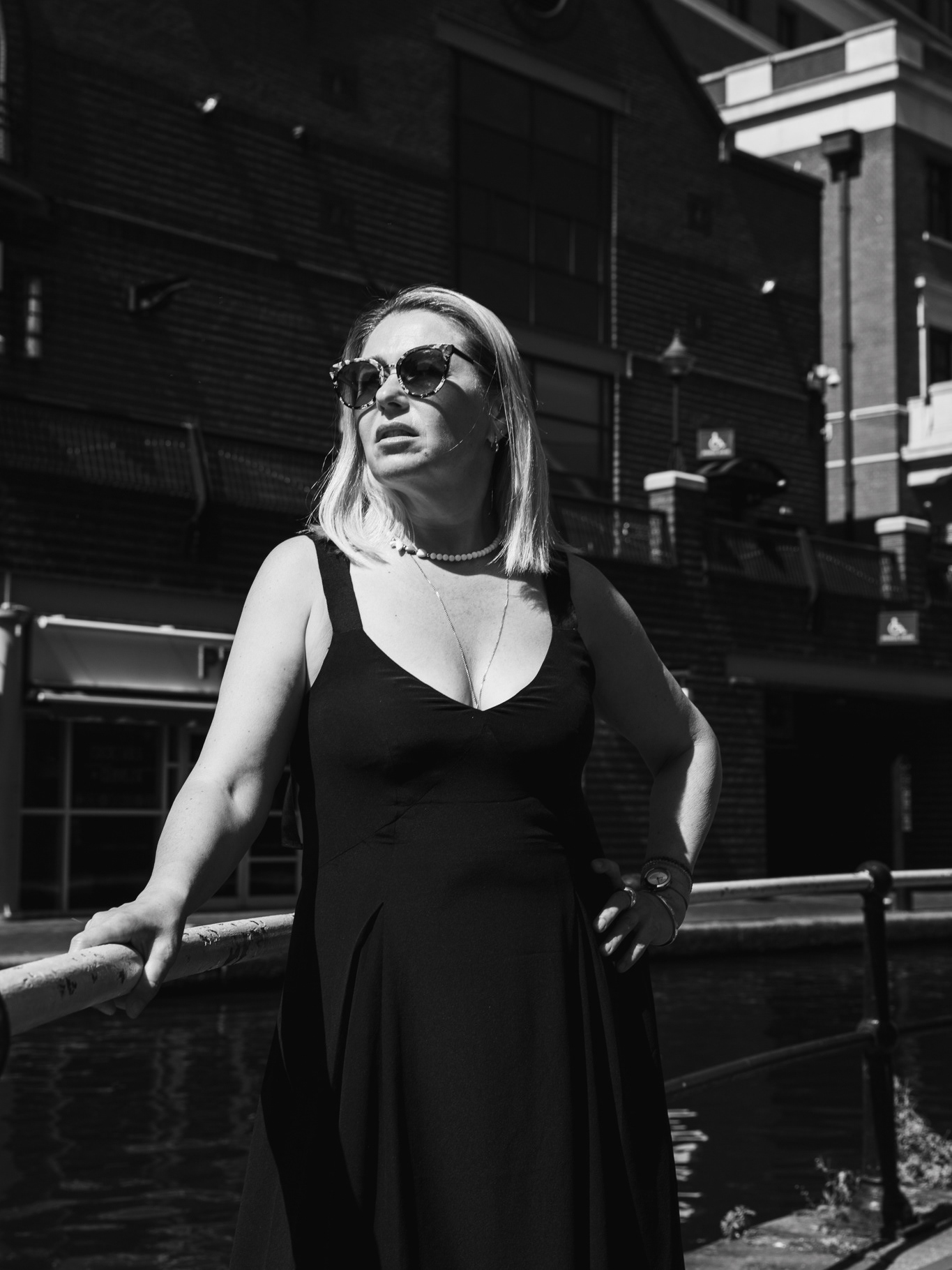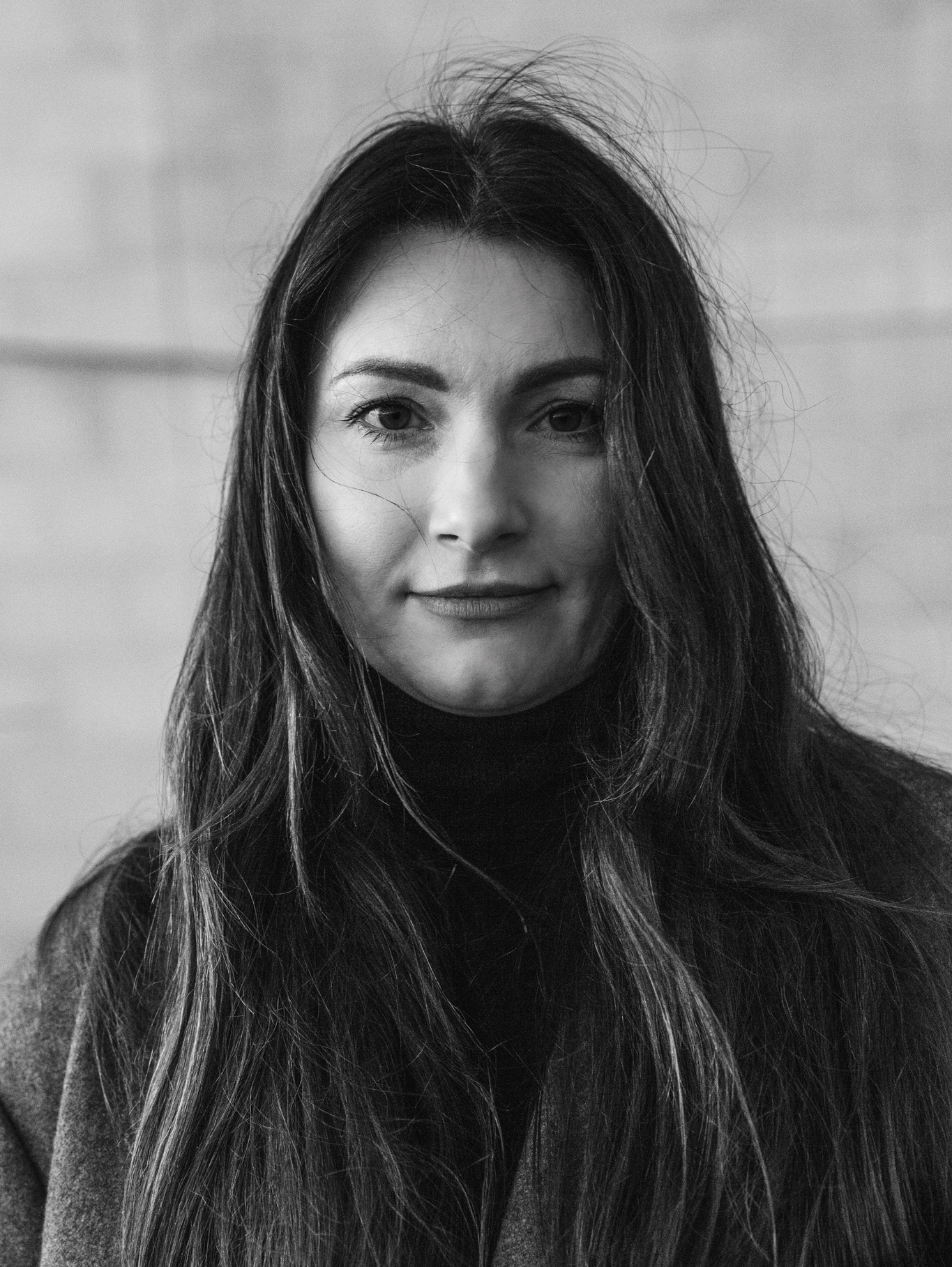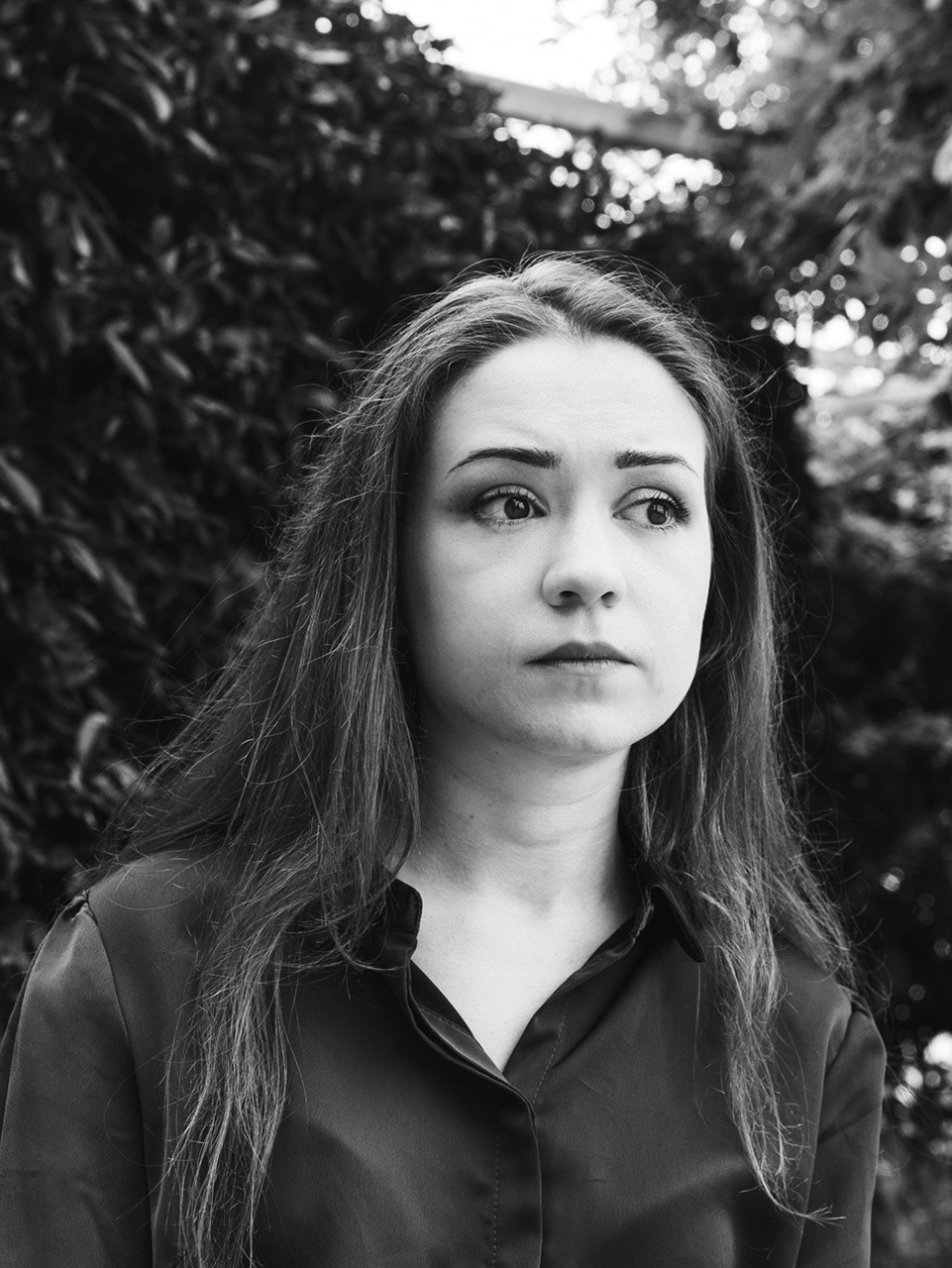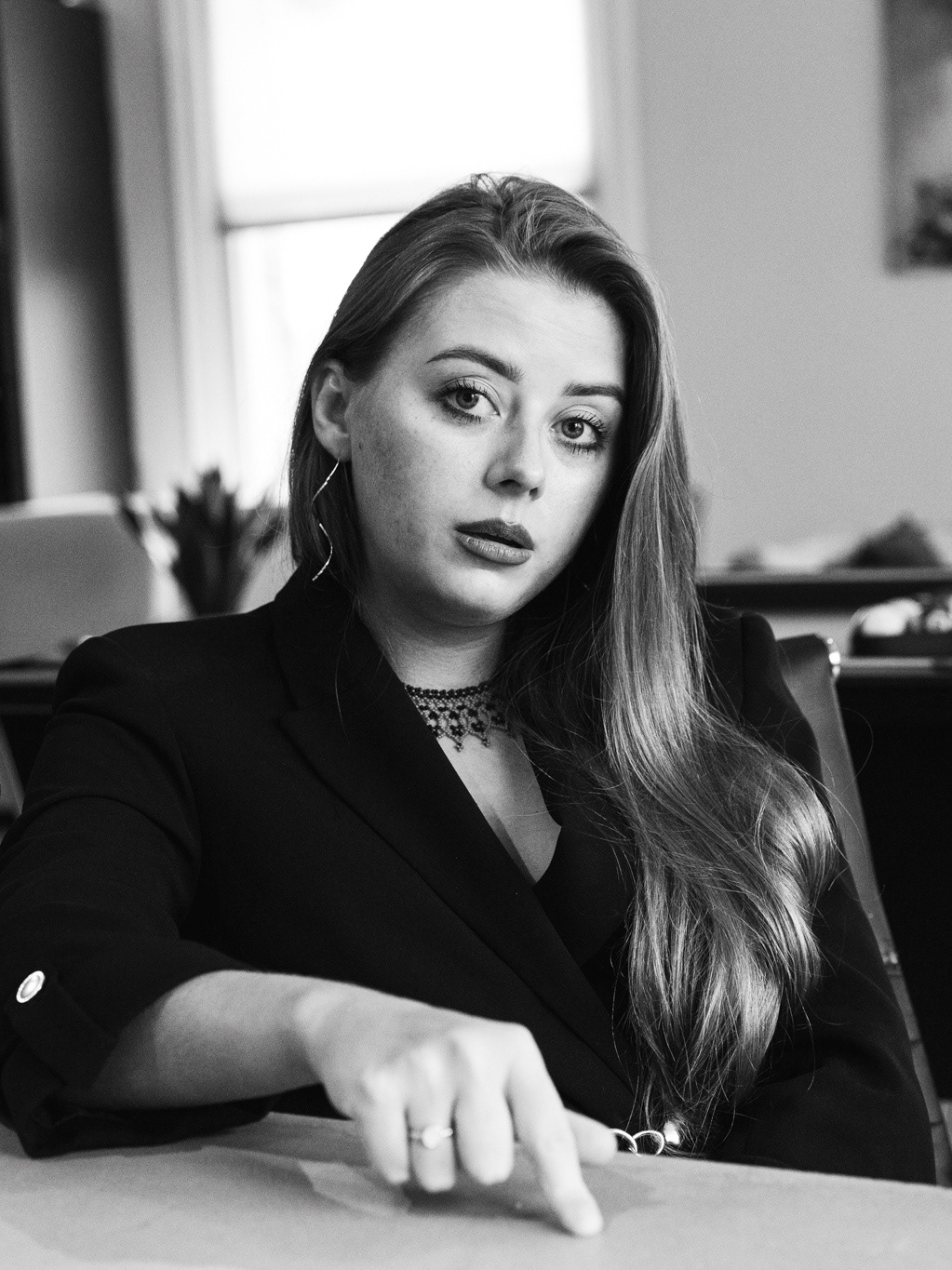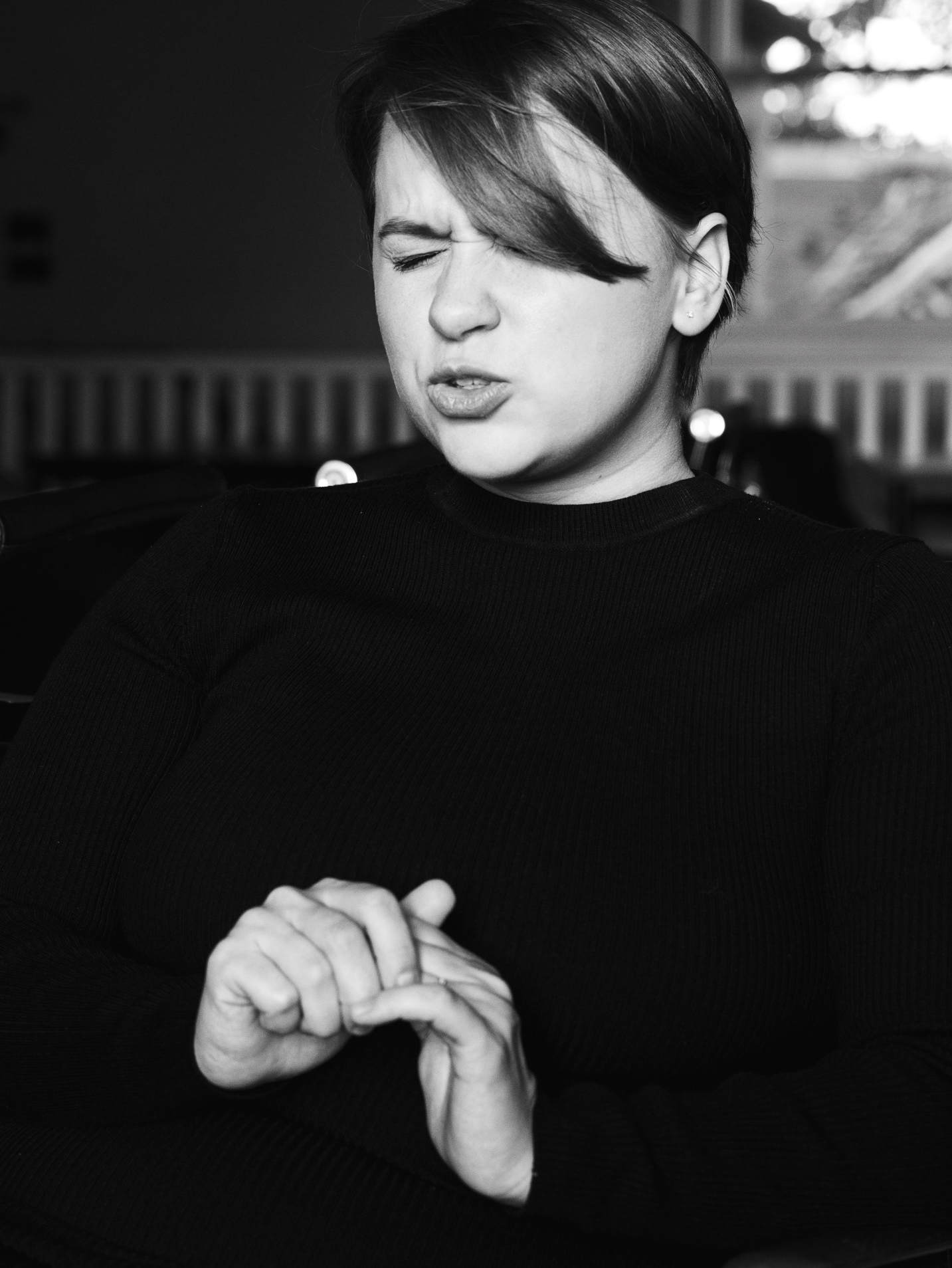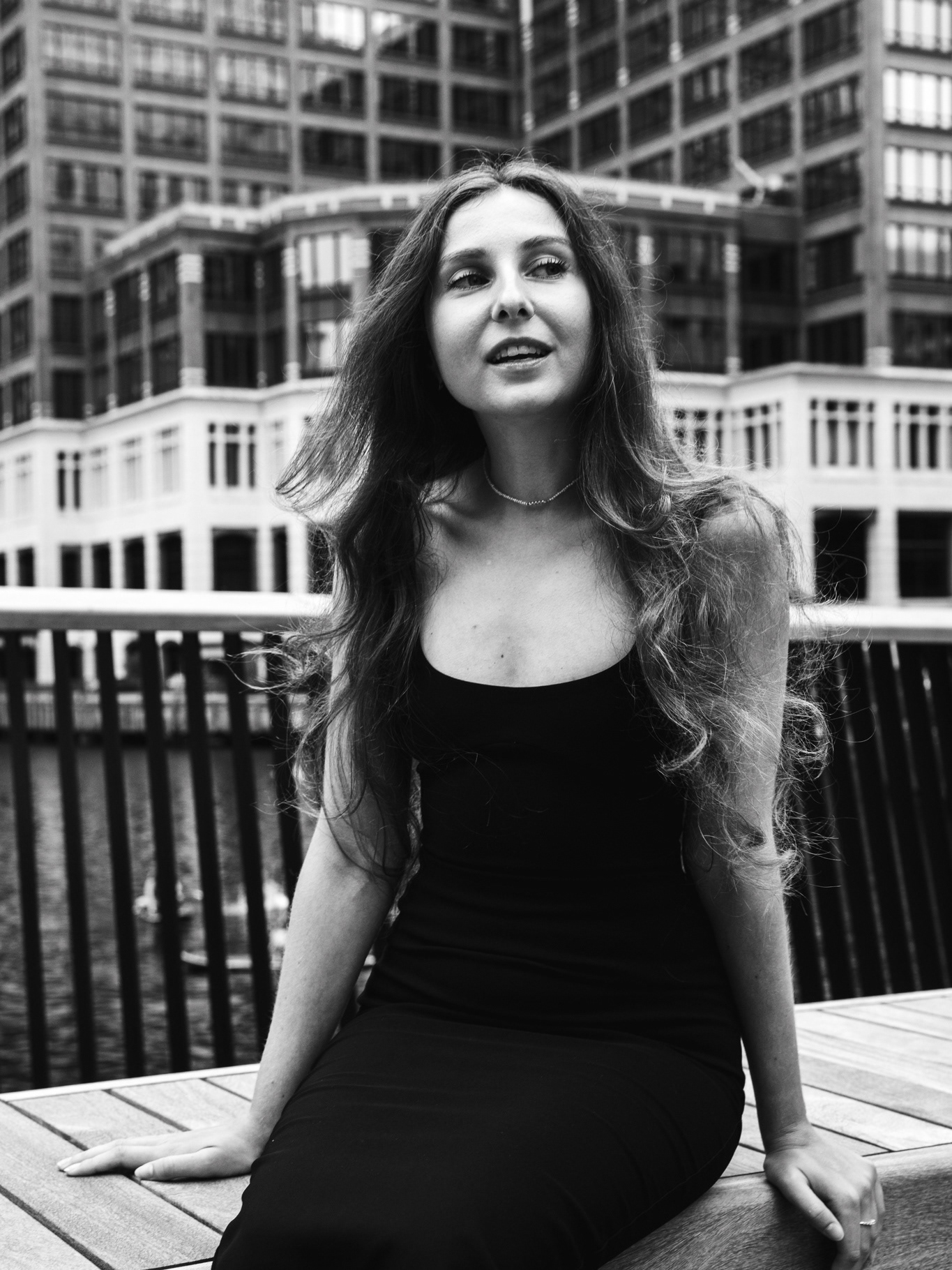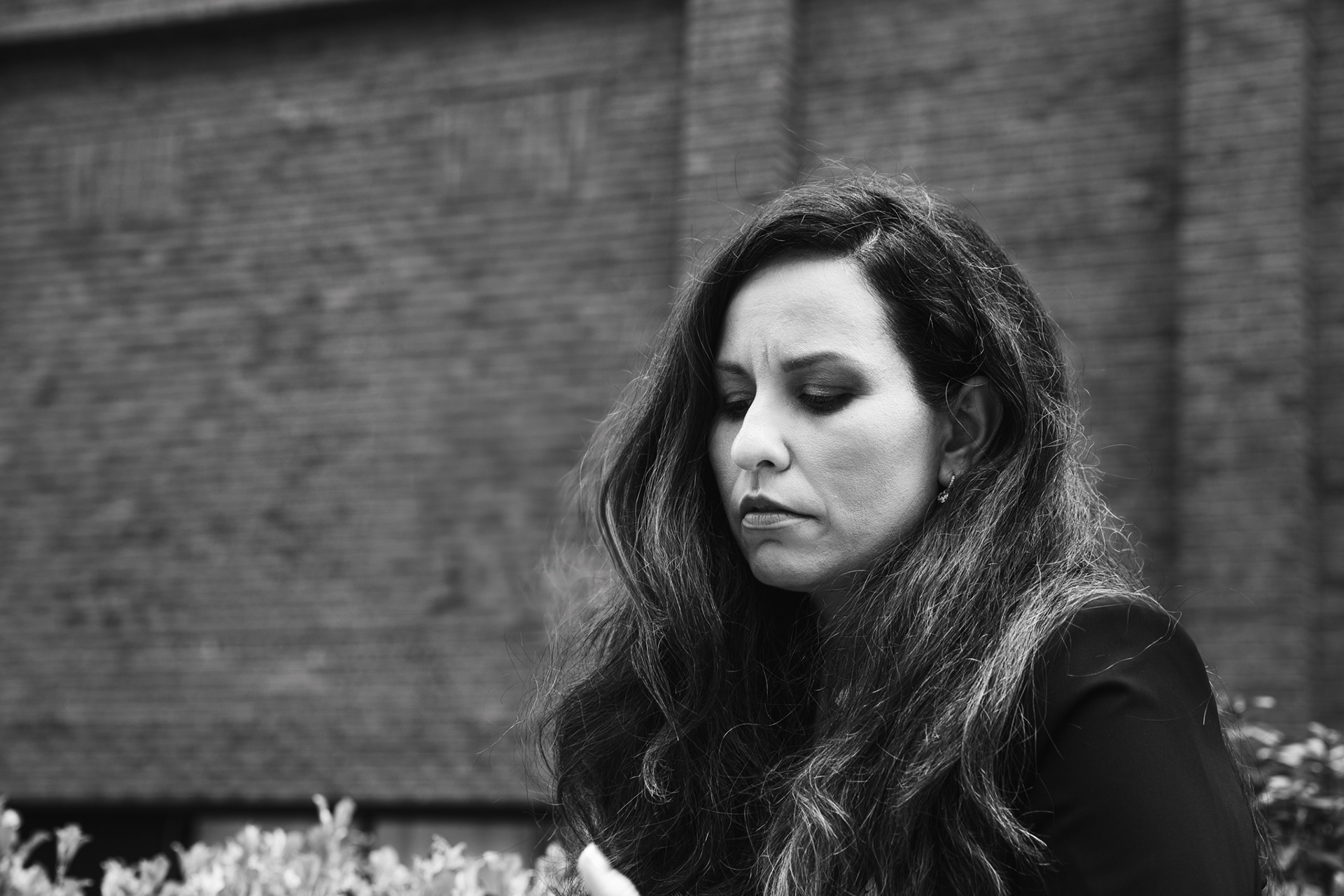
The Power of Vulnerability and Rebirth in Britain
The morning of February 24, 2022, for Iryna Bakaliar in Lviv, began not with coffee, but with the piercing sound of a siren and words that forever divided life into "before" and "after": "Get up, the war has started." With her young son in her arms, not yet two years old, her first reaction was not chaos, but instinctive action. However, her internal anxiety quickly took over.
"I am quite an anxious person by nature, and I remember just feeling that I couldn't sit still. My nervous system's response was to 'run'. I had to keep going, keep moving further."
This internal impulse forced her to move. They crossed the border into Slovakia, where she joined a queue on foot. It was her first step into the unknown, filled with pain and despair.
"I remember that moment when I crossed the border... such a profound sense of injustice."
In a small school near the border, she sat on a bench and burst into tears. "Tears just flowed like a river... The world had turned upside down, such a loss of security. You are safe, but you have effectively lost the life you had."
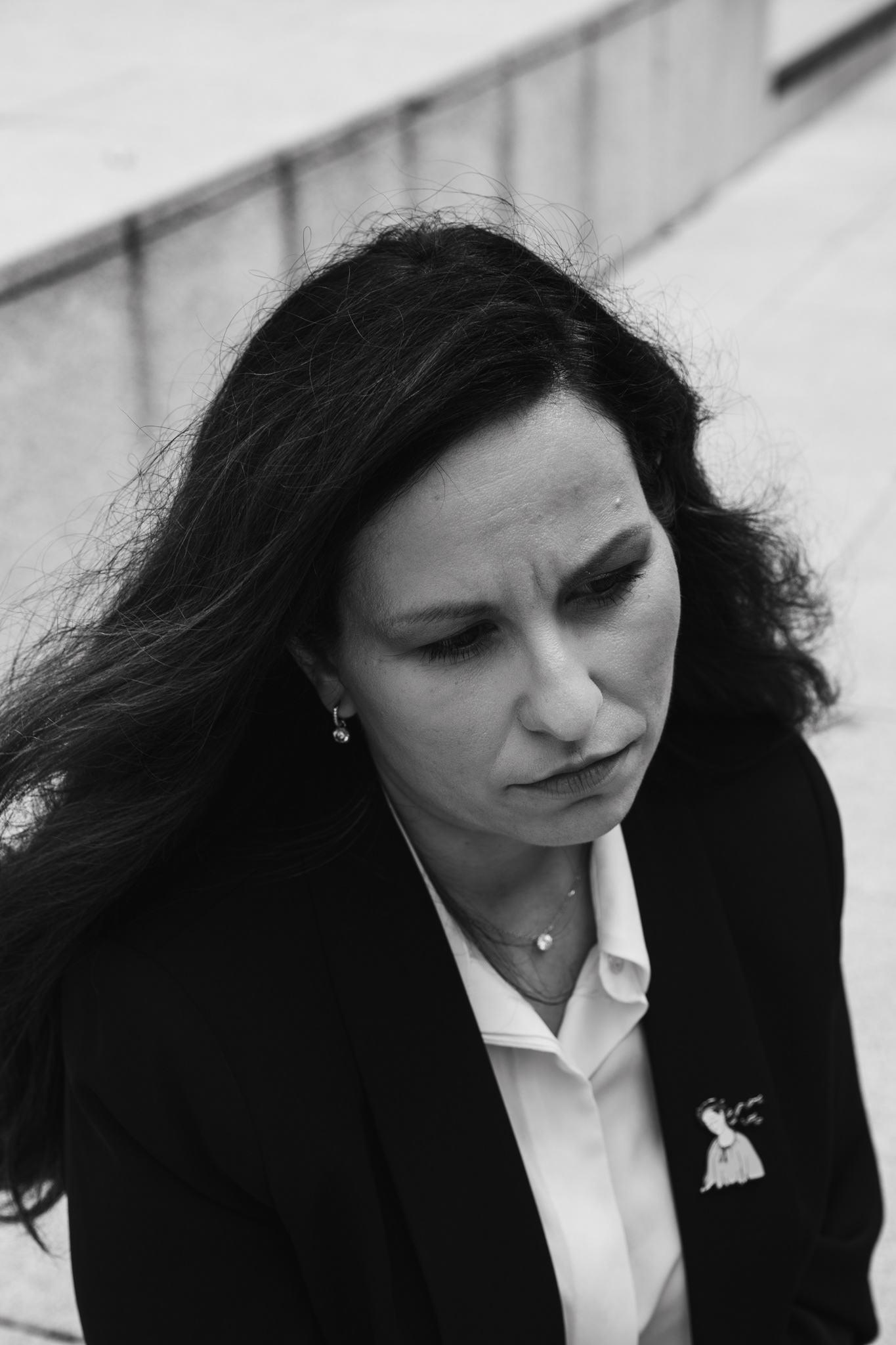
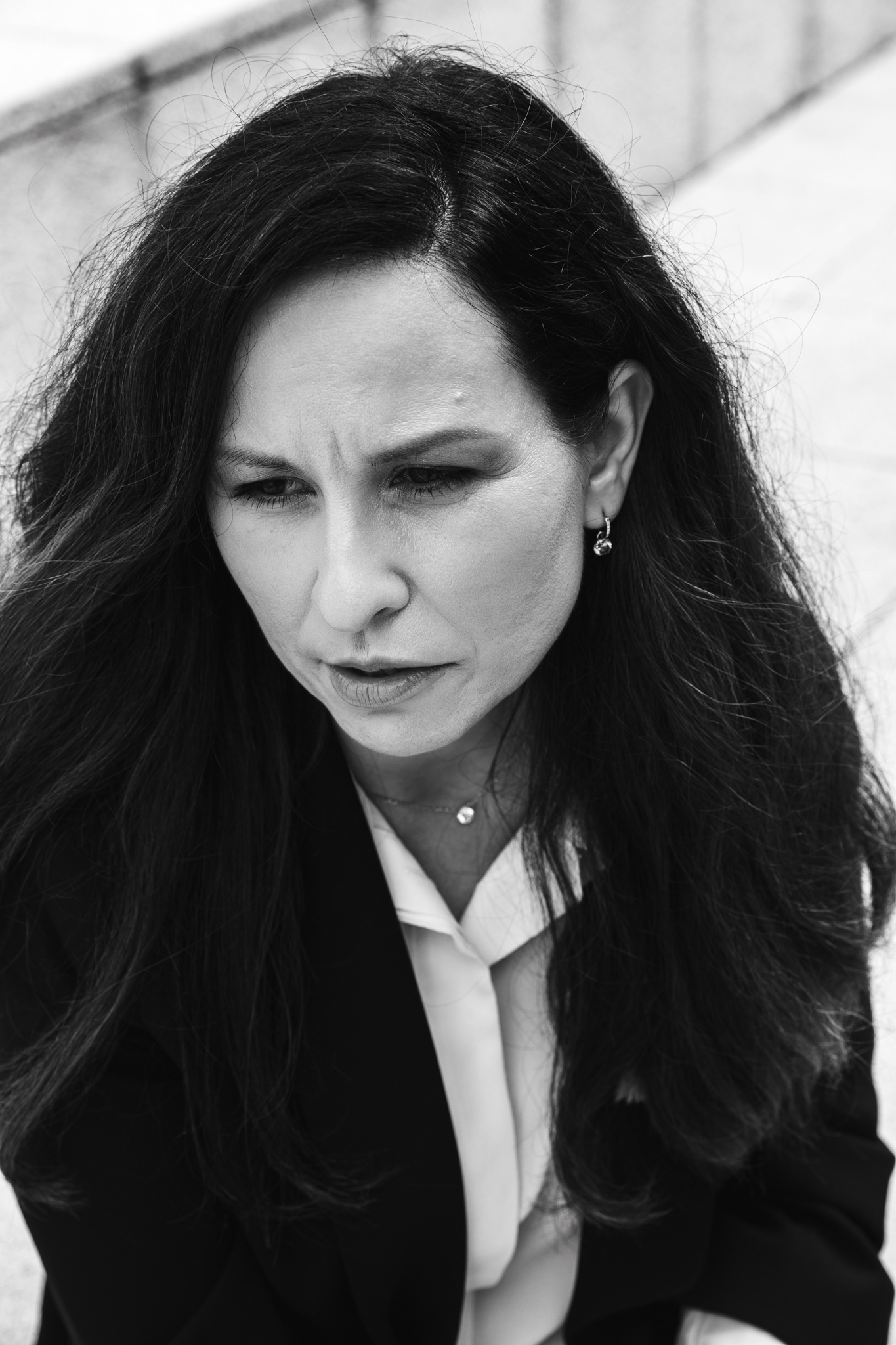
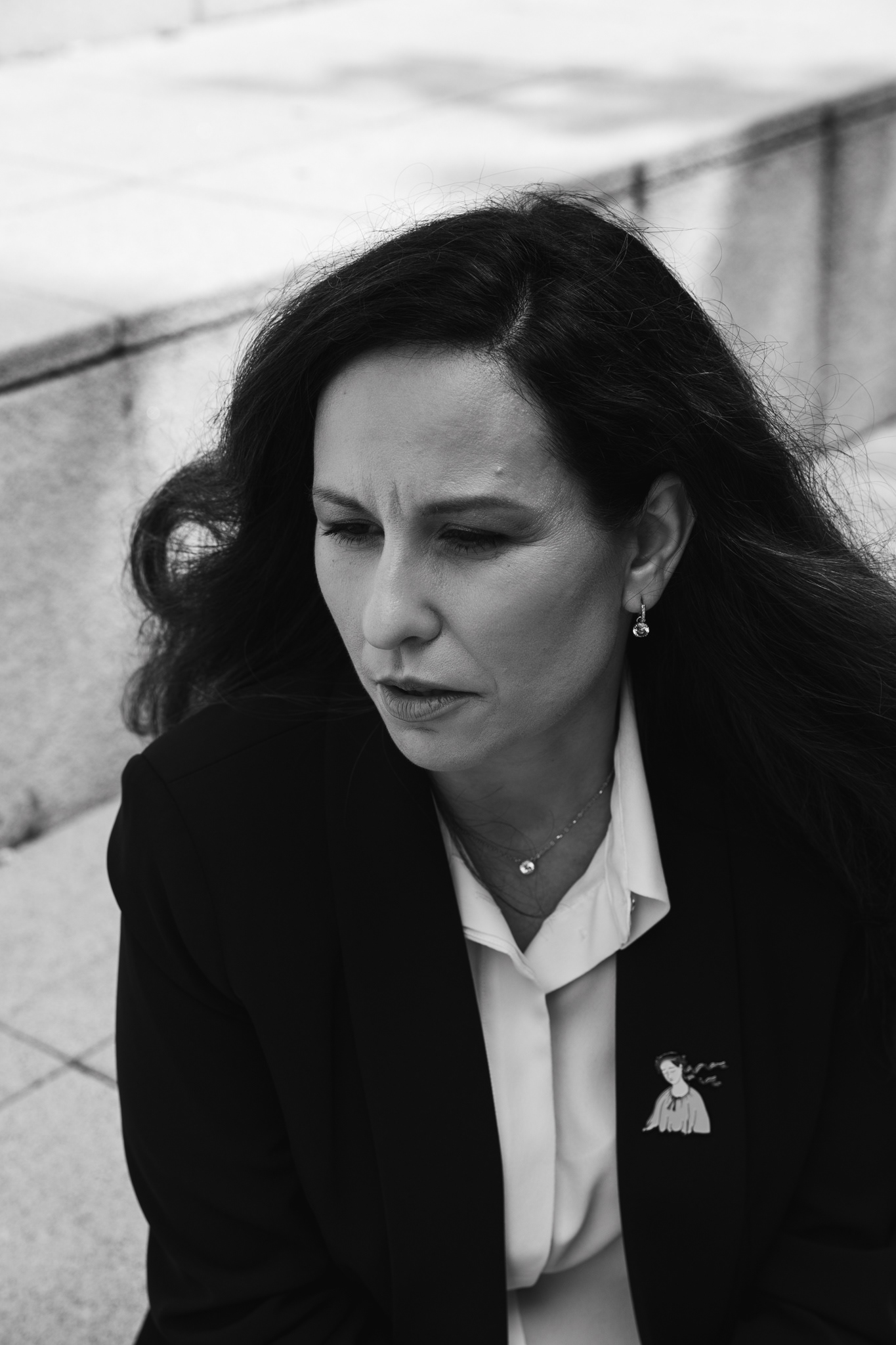
Germany and England: Contrasts and Disappointments
Her first refuge was Germany, where she encountered both cold condescension and incredible humanity from the owner of a local bookstore, Mrs. Heike.
"She was the first person who looked me in the eyes with such warm, kind eyes... I understood in that moment that humanity has only survived because there have always been people who showed this kindness."
Despite the support, Iryna went to England under a sponsorship programme, but disappointment awaited them there too: the sponsor backed out at the last moment, and they found themselves effectively homeless in Reading until they managed to rent a flat.
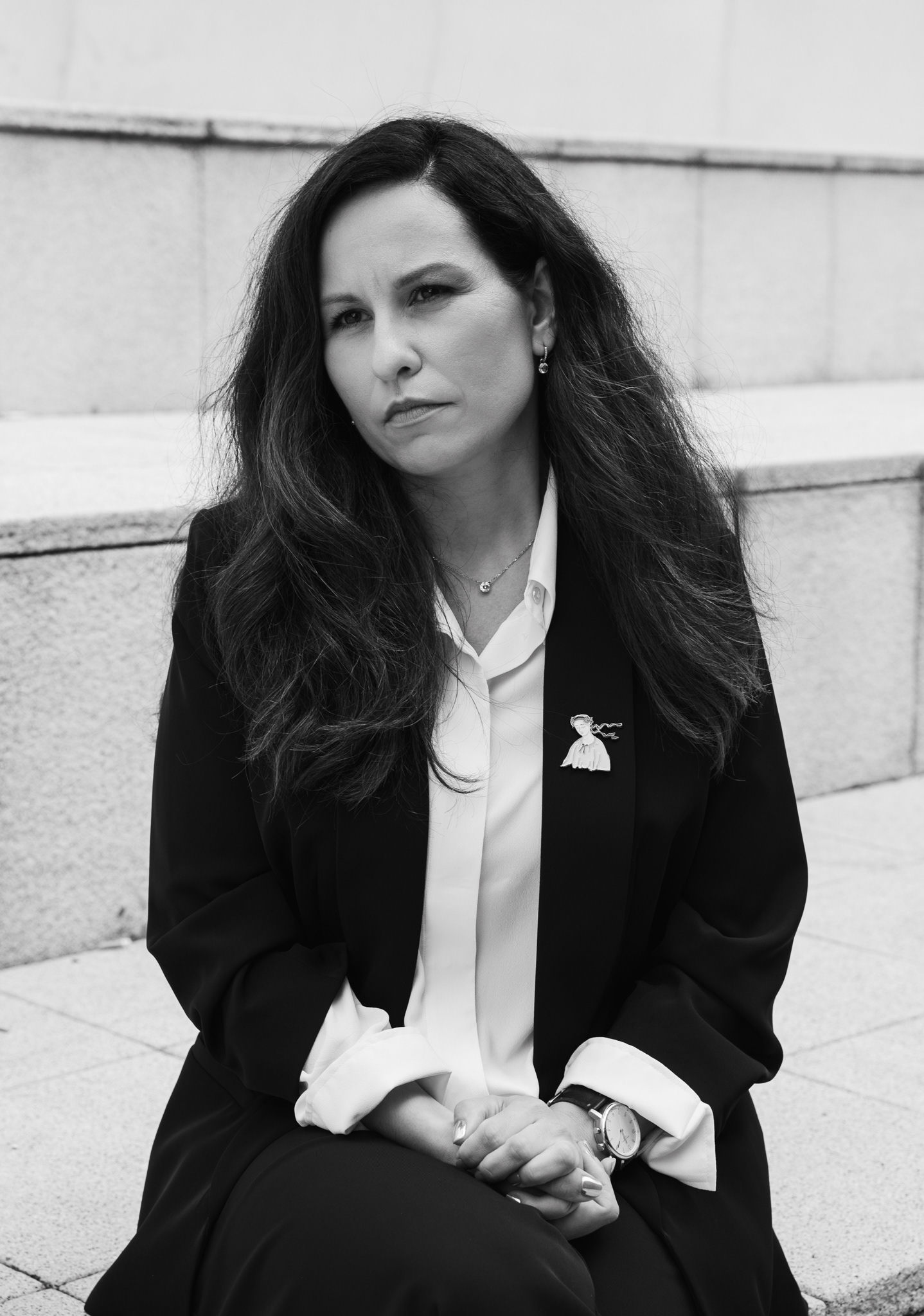
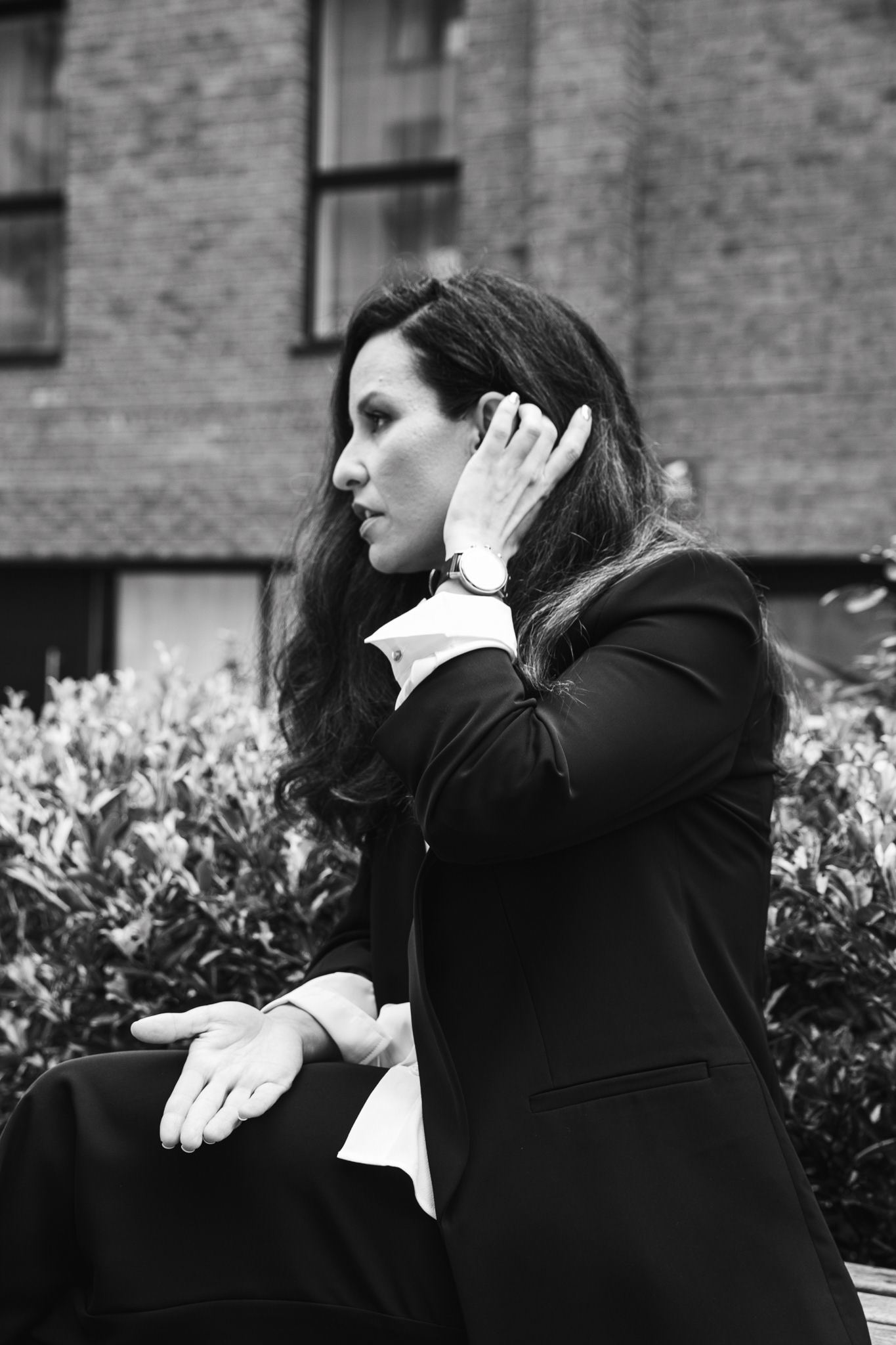
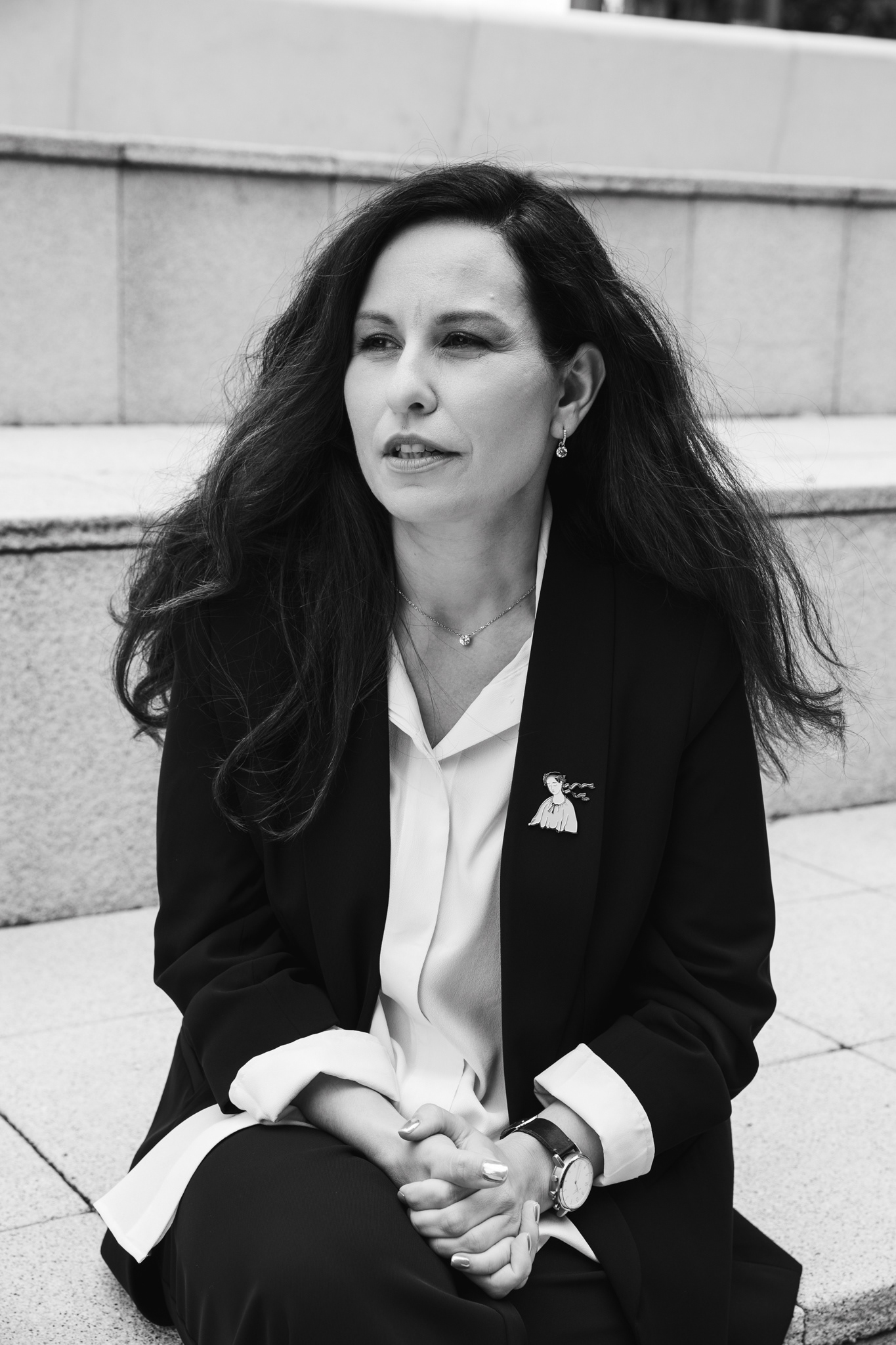
The Biggest Challenge: The Fight for Herself
The war and the move did not solve but only exacerbated the problems in her marriage. In the isolation of a new country, the tension in the relationship became unbearable, and Iryna felt she was losing herself.
"You're just a shell, with such emptiness inside... I remember myself before the marriage; I was always bright, cheerful, confident. Due to the toxic nature of the relationship, I felt controlled and unsafe, faced restrictions on access to money, lost my sense of reality and faith in myself, and just faded."
The decision to leave was extremely difficult, as she was without a stable job and with a small child. The situation reached a breaking point where staying together became impossible. It was the final straw. Iryna turned to British organisations, such as Women's Aid, who helped her understand the situation and provided an action plan. She fled.
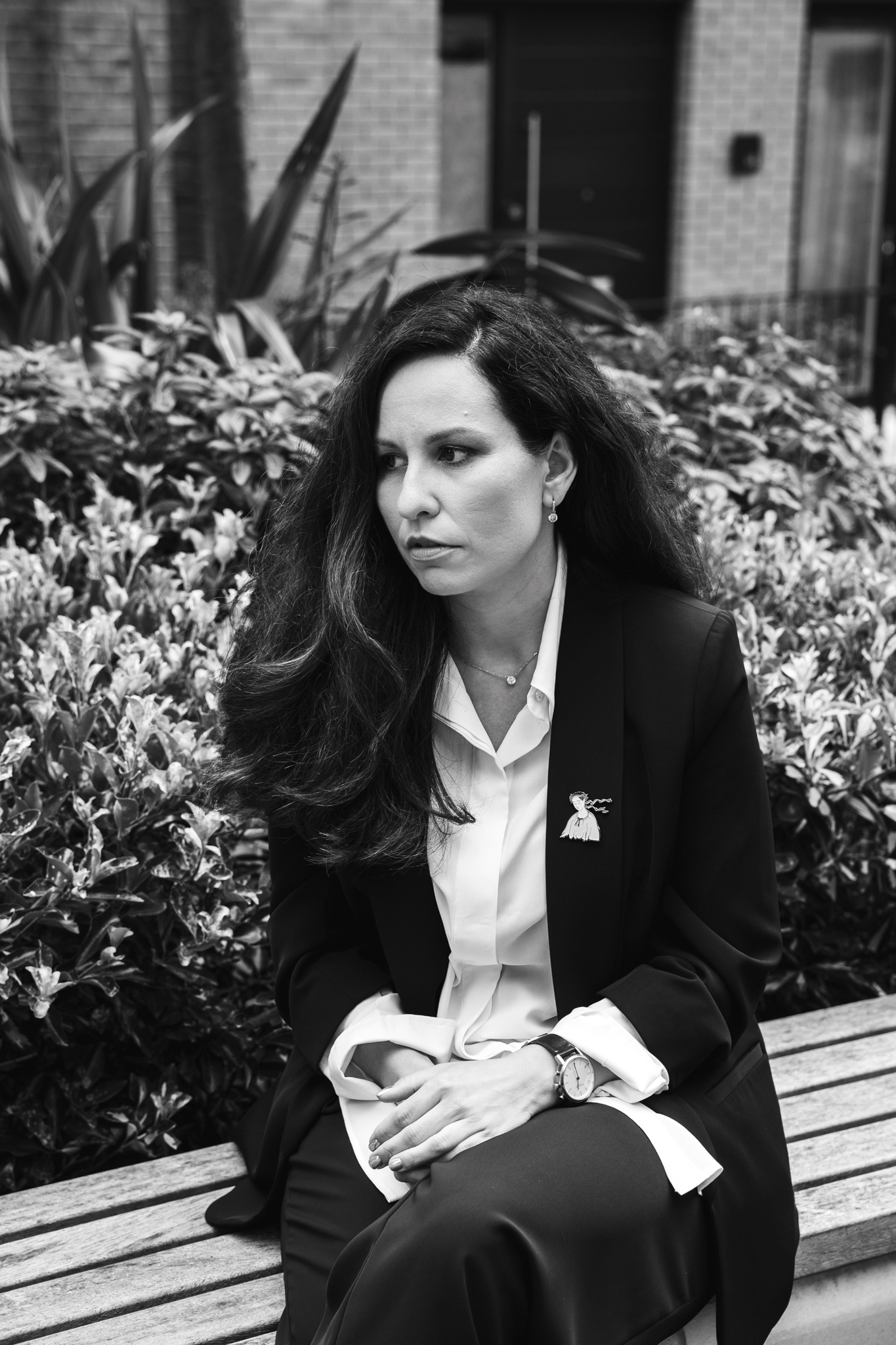
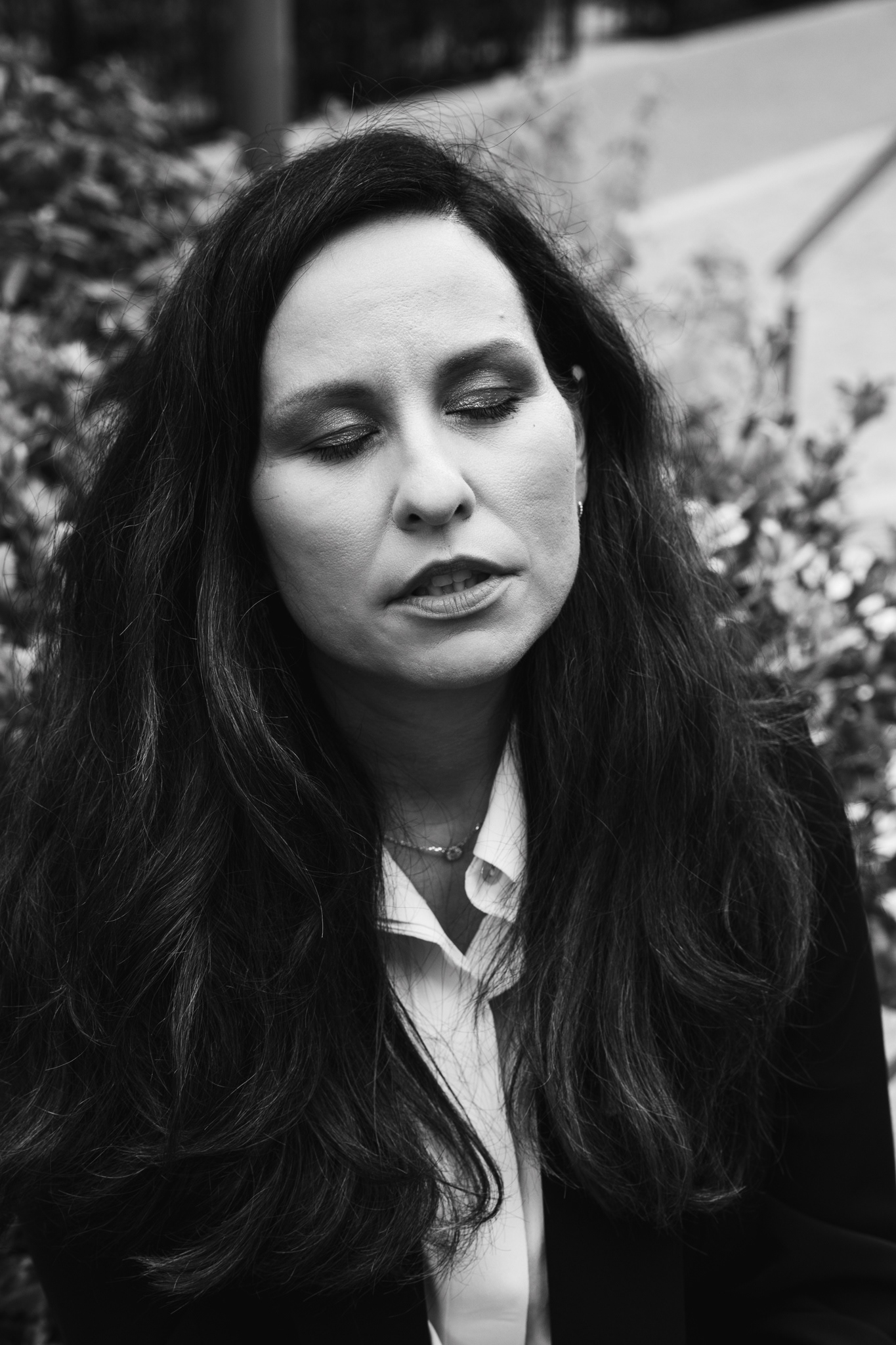
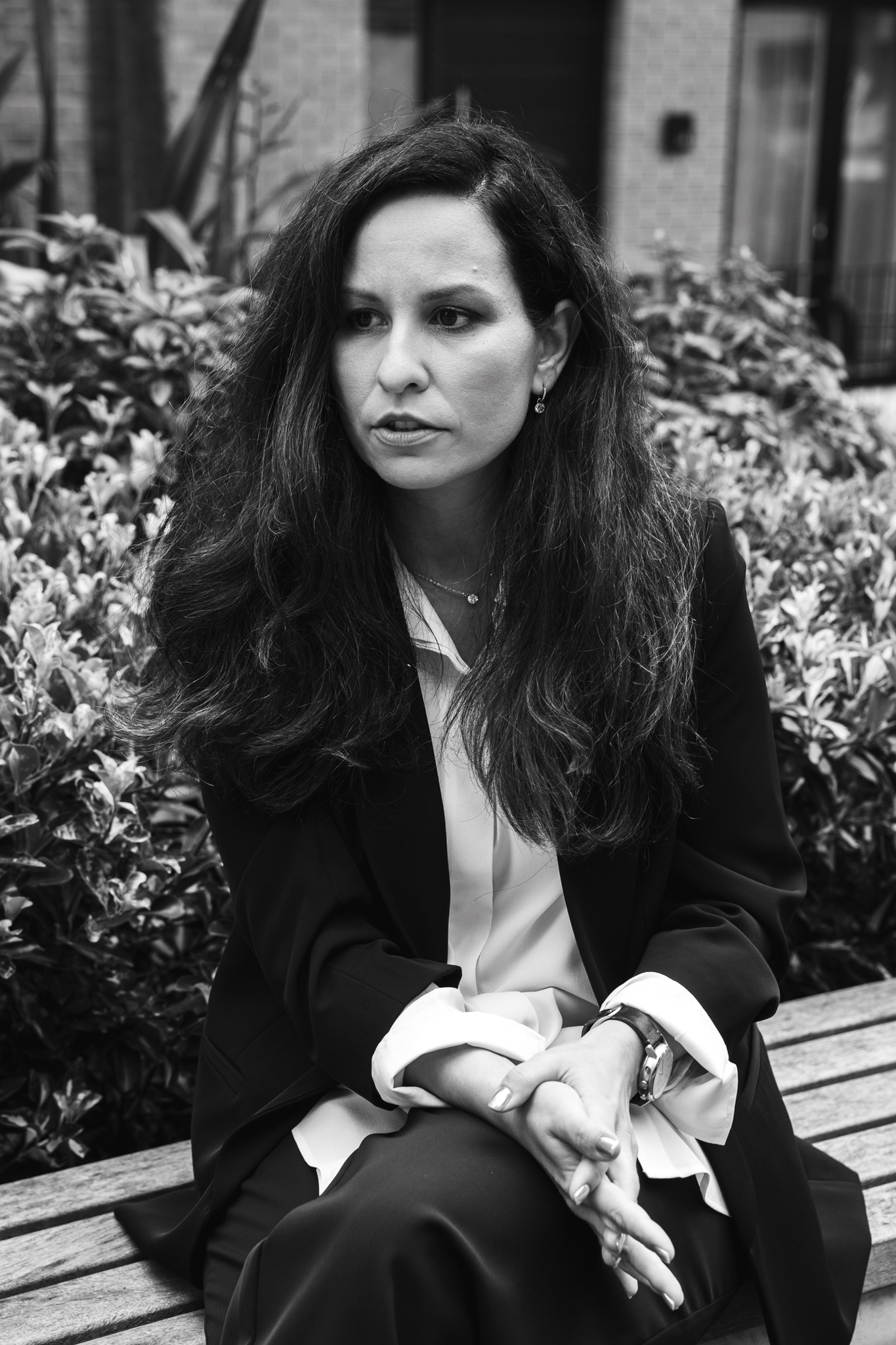
"I remember packing my things... Constantly checking if he was sitting and working, if he wouldn't come down and see. When I was sure he was on a work call, I grabbed the suitcase and just ran out of the house. That was it, it was an escape."
The most difficult period of her life began, accompanied by a high-conflict divorce process. To avoid direct arguments, Iryna insisted on involving mediators. However, this tool proved only partially effective, and it was not possible to reach a civil agreement on all issues, particularly property.
"That summer was the hardest; for three months I was considered homeless... there was nowhere to live, no job, and no money."
Today, they use a special app to communicate about their son. "Even if you start writing in a raised tone, there's a thing called a 'tone meter,' and it highlights it for you: 'perhaps you shouldn't write like that?'" This allows communication to be kept strictly to the point.
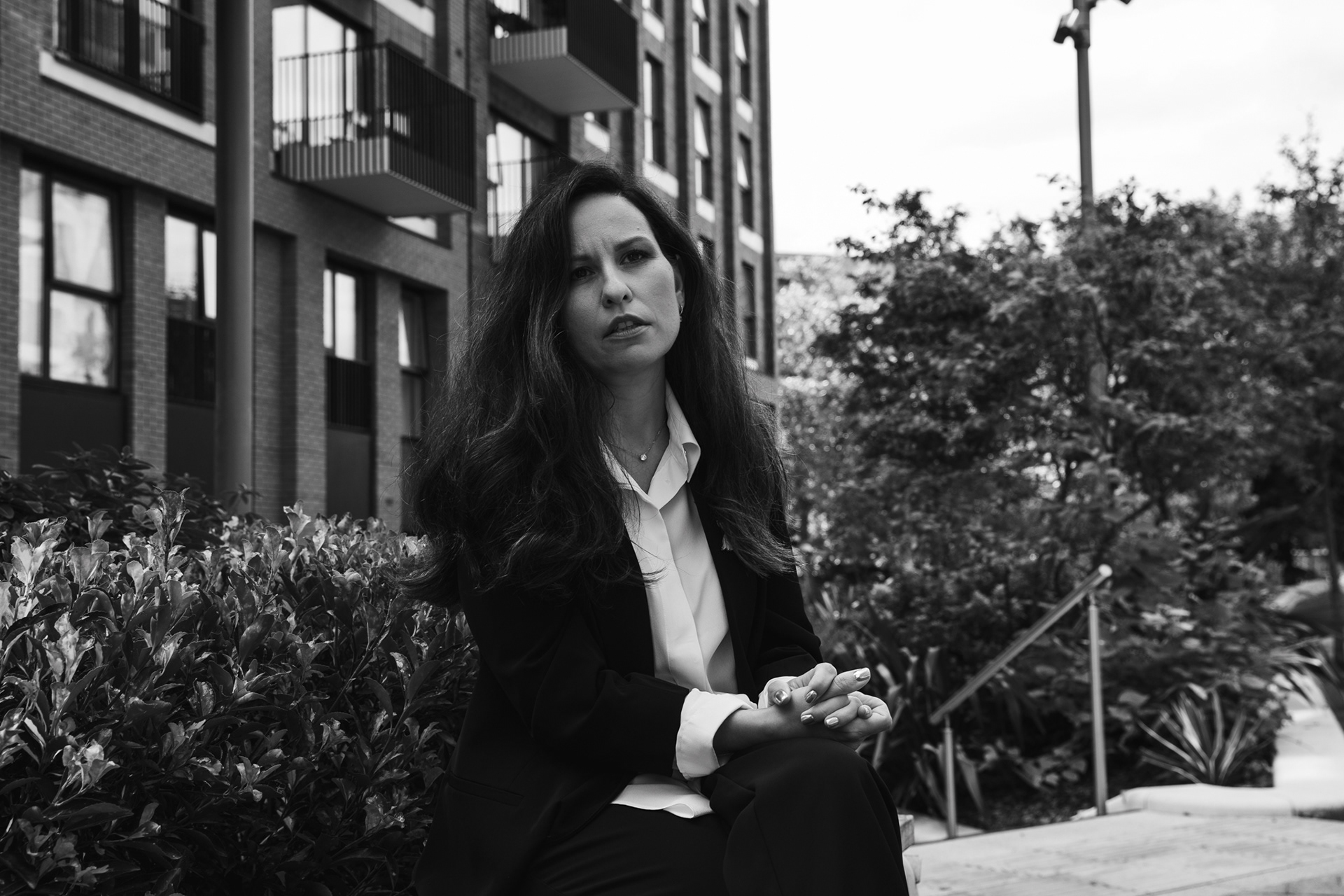
The British Support System and Rebirth
It was at this moment that she felt the full strength of British society. The local council and charitable organisations came to her defence.
"If it weren't for the British organisations, for friends, for kind strangers who helped me, I would not have survived here... It's scary to leave, but in Britain, you are never alone; you will not face a hopeless situation."
She received benefits that helped her survive. "I remember the feeling when my first benefits came... and I thought: 'My God, I'll be able to buy food.'" Eventually, she was able to rent her own flat. The moment she closed the door behind her for the first time became a symbol of victory. "I closed the door, and I knew that I was safe."
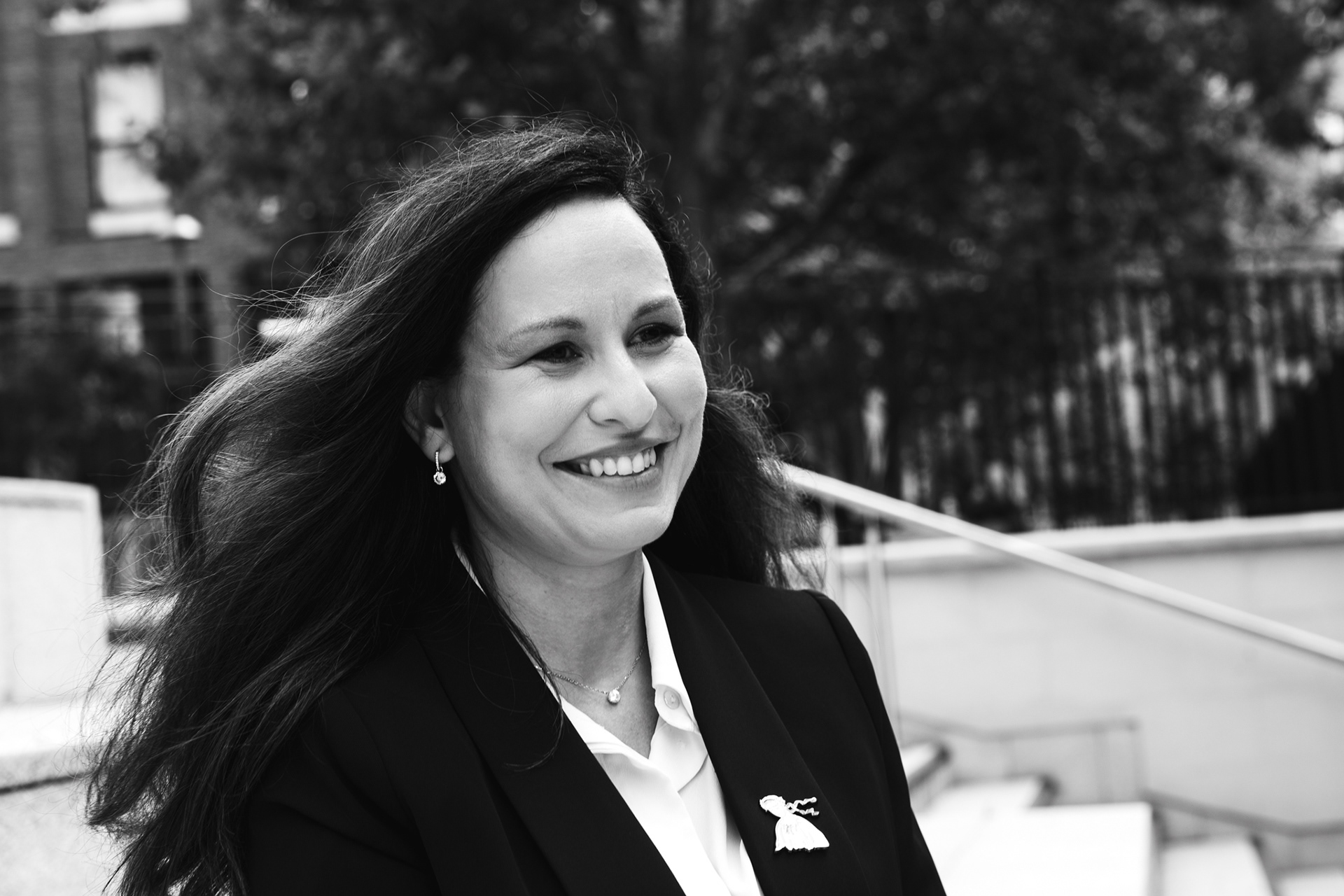
The New Iryna: The Library, Boundaries, and Strength
Having left the toxic relationship, Iryna began to return to herself. Currently, Iryna is the manager of the Ukrainian library in Reading, which unites a team of eight Ukrainian women volunteers. The library serves 256 readers and has almost 1,000 books of Ukrainian and world literature of various genres. The Ukrainian centre in Reading and the library have become a safe place for Ukrainians, where they can gather for events and share their pain and joy.
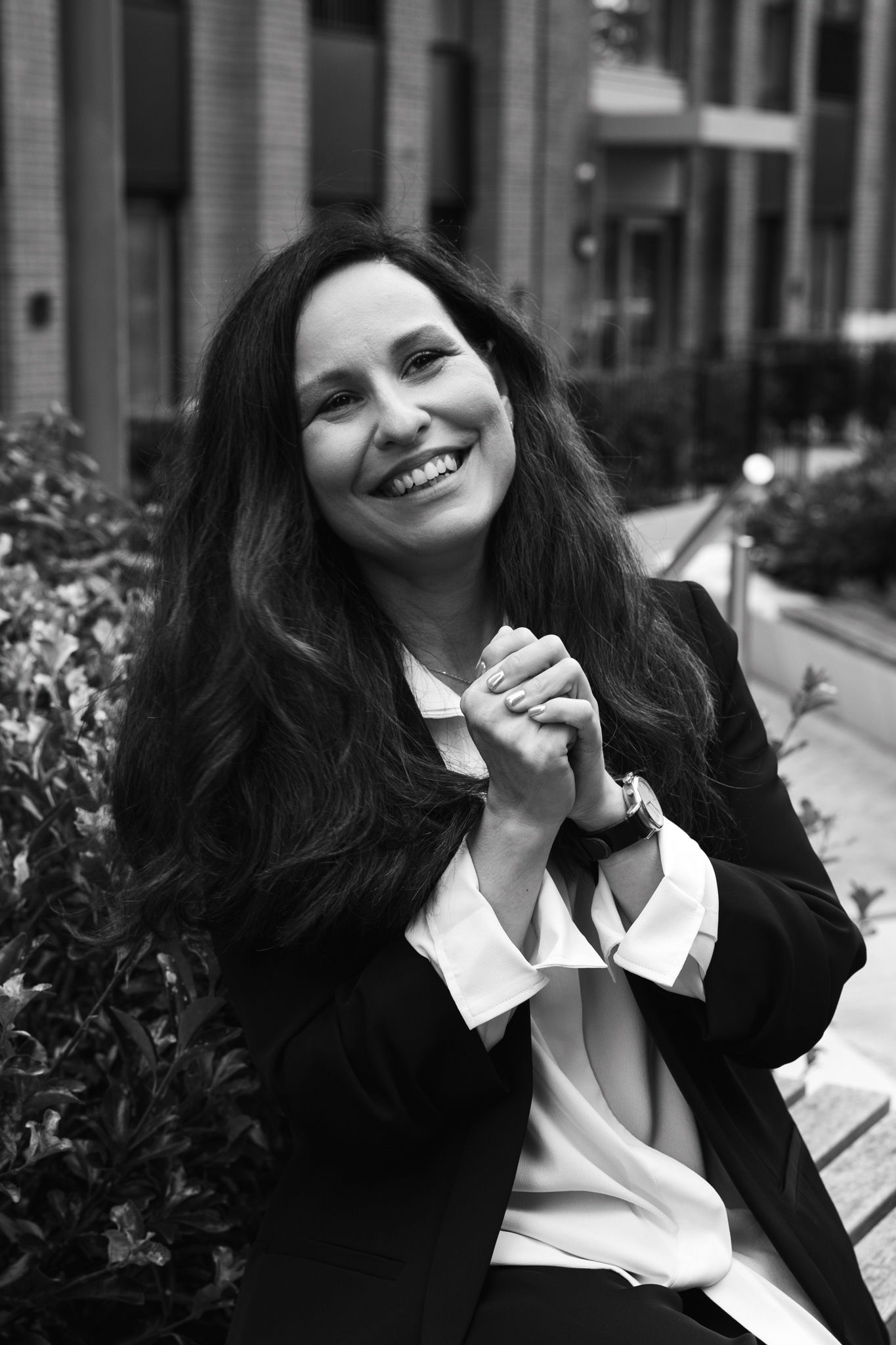
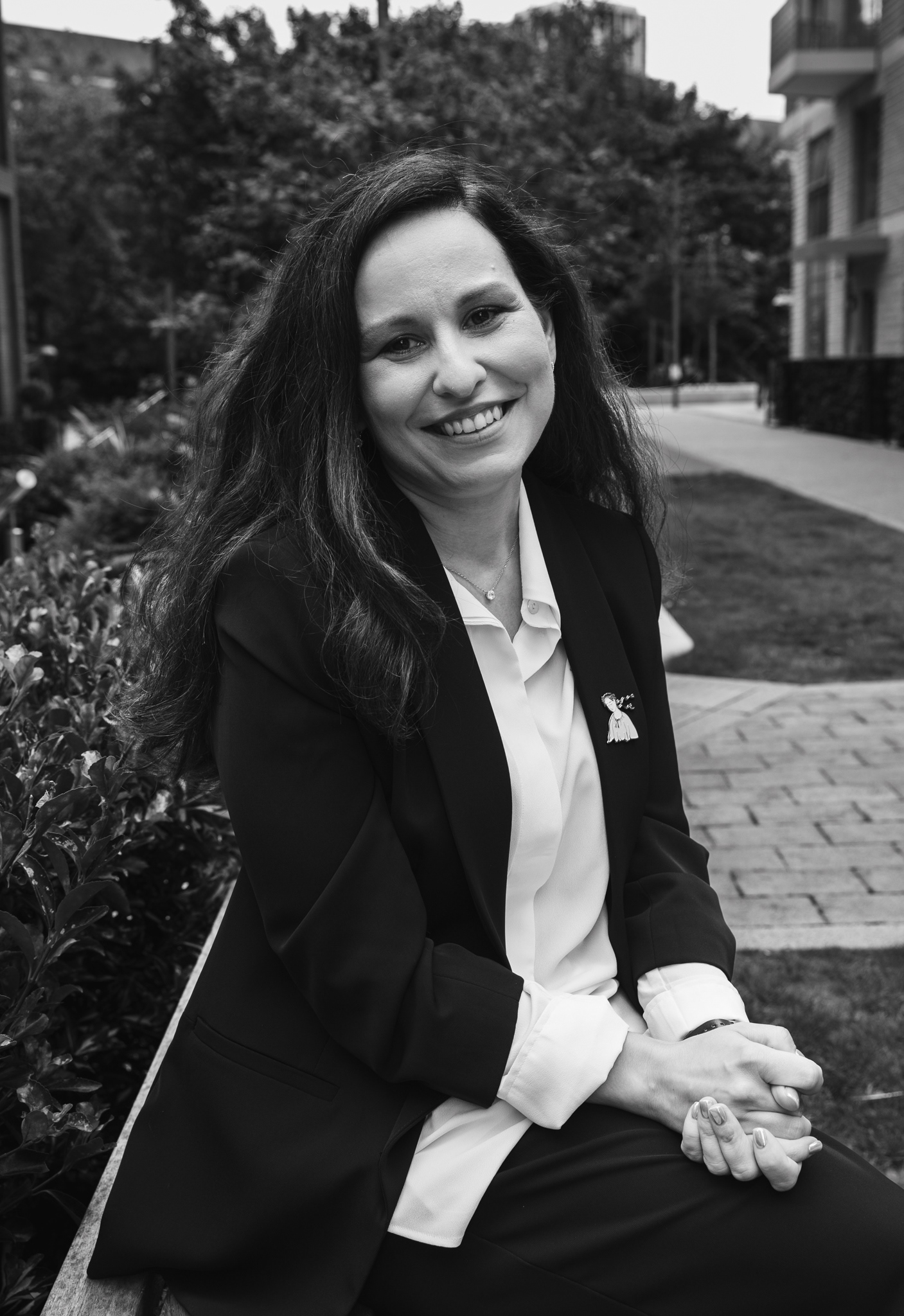
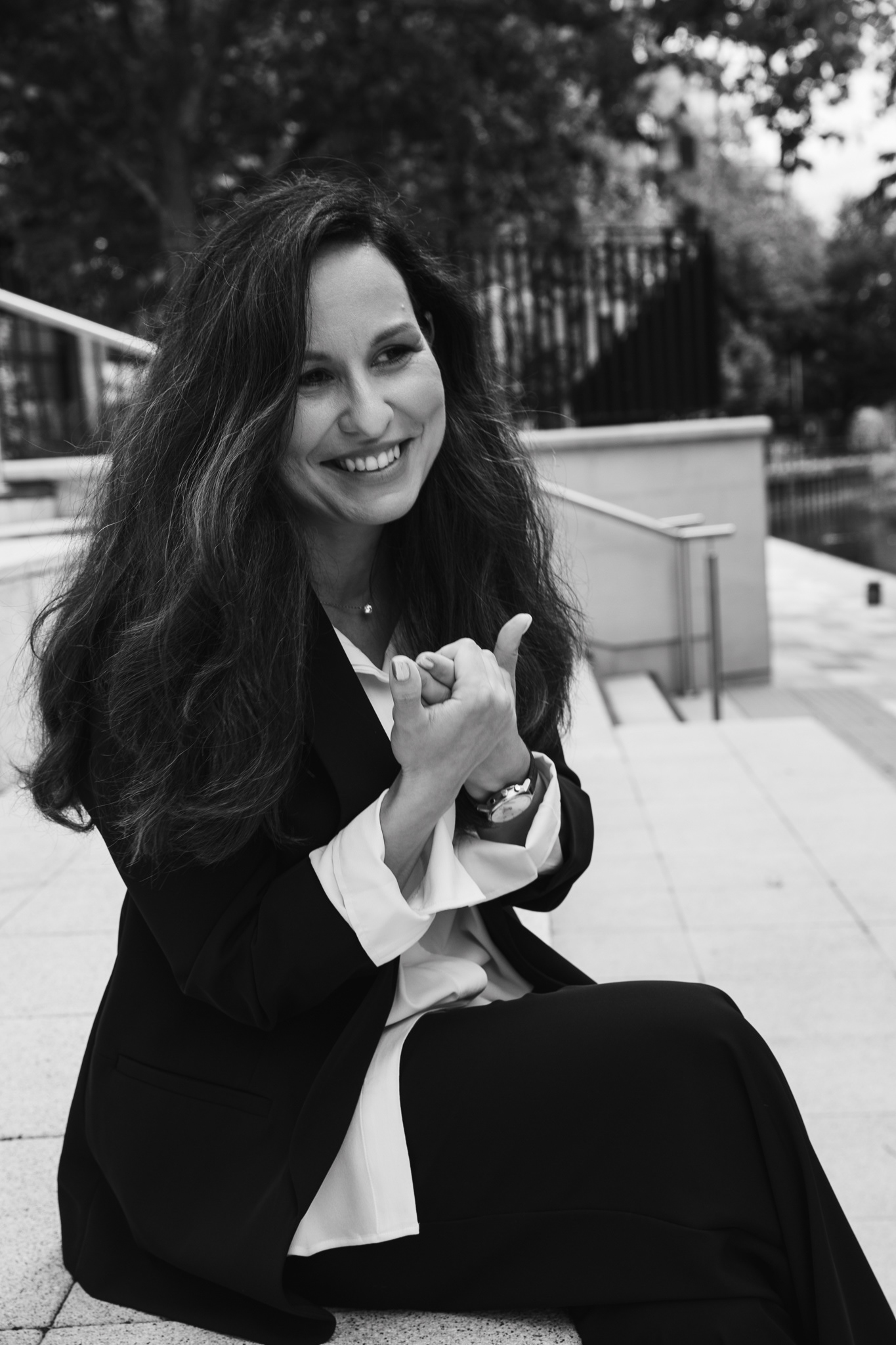
"When readers from Kharkiv... opened the books and saw 'Kharkiv 2024' written inside, they said: 'it smells like home.'"
Today, Iryna continues her therapy, works, raises her son, and builds a new life.
"I am very polite and can be kind, but kindness is not weakness... Ukrainian women look nice and sweet, but underneath all that, we are Eastern European Gangsters."
Her story is proof that even when it seems all is lost, there is always a chance for rebirth, if you choose yourself.
